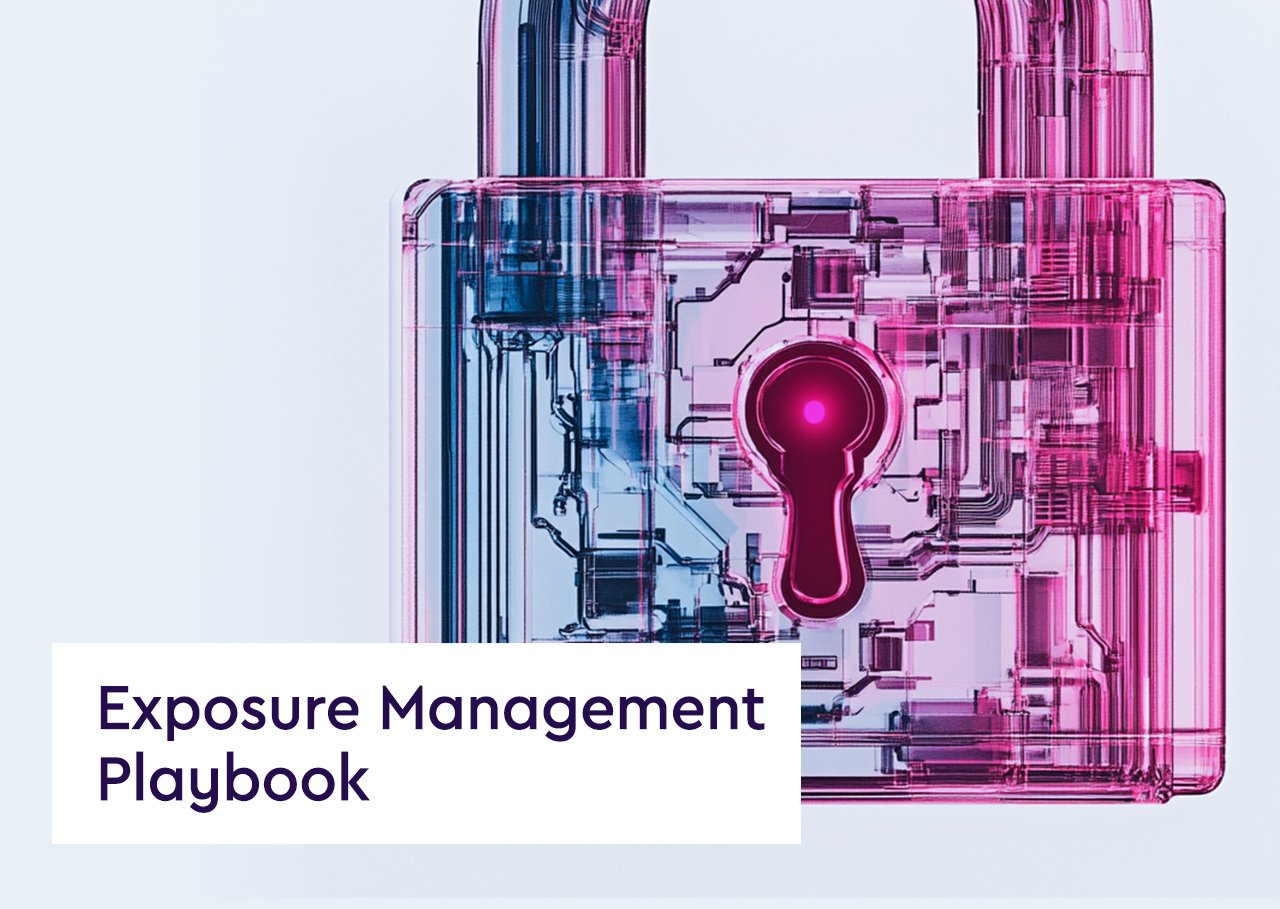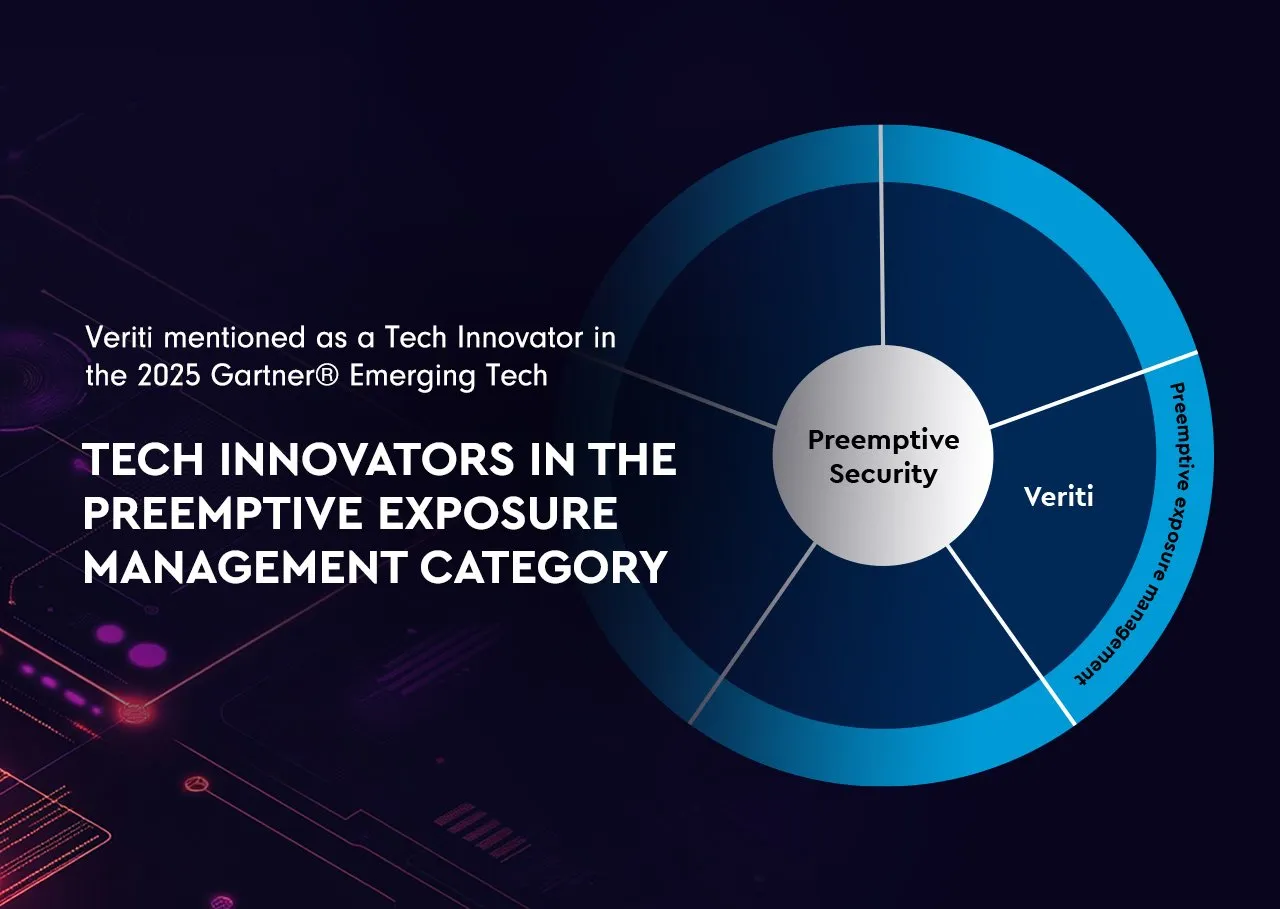Definition: Endpoint security refers to the methodologies and technologies used to protect endpoints, such as desktops, laptops, mobile devices, and servers, from cyber security threats. This security discipline is crucial because endpoints are often the entry points for security breaches and cyber attacks.
Purpose of Endpoint Security:
- Protection of Devices: Securing all endpoint devices against threats such as malware, ransomware, and unauthorized access.
- Data Security: Ensuring the confidentiality, integrity, and availability of data stored on or accessed through endpoints.
- Compliance: Helping organizations meet regulatory requirements that dictate the protection of sensitive data.
Key Components of Endpoint Security:
- Antivirus and Anti-malware Solutions: Software tools that detect, quarantine, and remove malicious software.
- Firewalls: Network security systems that monitor and control incoming and outgoing network traffic based on predetermined security rules.
- Intrusion Prevention Systems (IPS): Tools that examine network traffic flows to detect and prevent vulnerability exploits.
- Endpoint Detection and Response (EDR): Advanced security solutions that continuously monitor endpoints for suspicious activities and provide automated response capabilities.
- Data Loss Prevention (DLP): Technologies aimed at detecting and preventing data breaches, data exfiltration, or unwanted destruction of sensitive data.
Challenges in Endpoint Security:
- Diverse Device Landscape: The variety of endpoint devices and operating systems complicates the management and consistency of security policies.
- Remote and Mobile Workforce: Securing endpoints that are frequently on different networks and geographies due to remote work.
- Evolving Threats: Keeping up with constantly evolving cyber threats that can bypass traditional security measures.
Strategies for Enhancing Endpoint Security:
- Regular Software Updates and Patch Management: Keeping all endpoint devices and security software up to date with the latest patches and updates.
- Comprehensive Security Policies: Developing and enforcing security policies that include endpoint control, monitoring, and management.
- User Training and Awareness: Educating users on the importance of security practices such as recognizing phishing attempts and safe web browsing.
Benefits of Effective Endpoint Security:
- Reduced Risk of Data Breaches: Strong endpoint security measures reduce the risk of data breaches and cyber attacks.
- Improved Compliance Posture: Compliance with data protection regulations and standards is easier with robust endpoint security.
- Enhanced Operational Continuity: Minimizes disruptions caused by malware and other security incidents.
Best Practices for Endpoint Security:
- Use of Multi-factor Authentication (MFA): Implementing MFA to add an extra layer of security beyond just passwords.
- Encryption of Data: Encrypting data stored on endpoints to protect it in case of theft or unauthorized access.
- Centralized Security Management: Using centralized management tools to monitor and control all endpoint security measures across the organization.
Endpoint security is a critical component of an organization’s overall cyber security strategy. Effective endpoint security not only protects individual devices but also guards the broader network and the valuable data it holds. By continuously evolving endpoint security practices to meet the challenges posed by new threats and changing work environments, organizations can better protect themselves against the potential impacts of cyber incidents.




